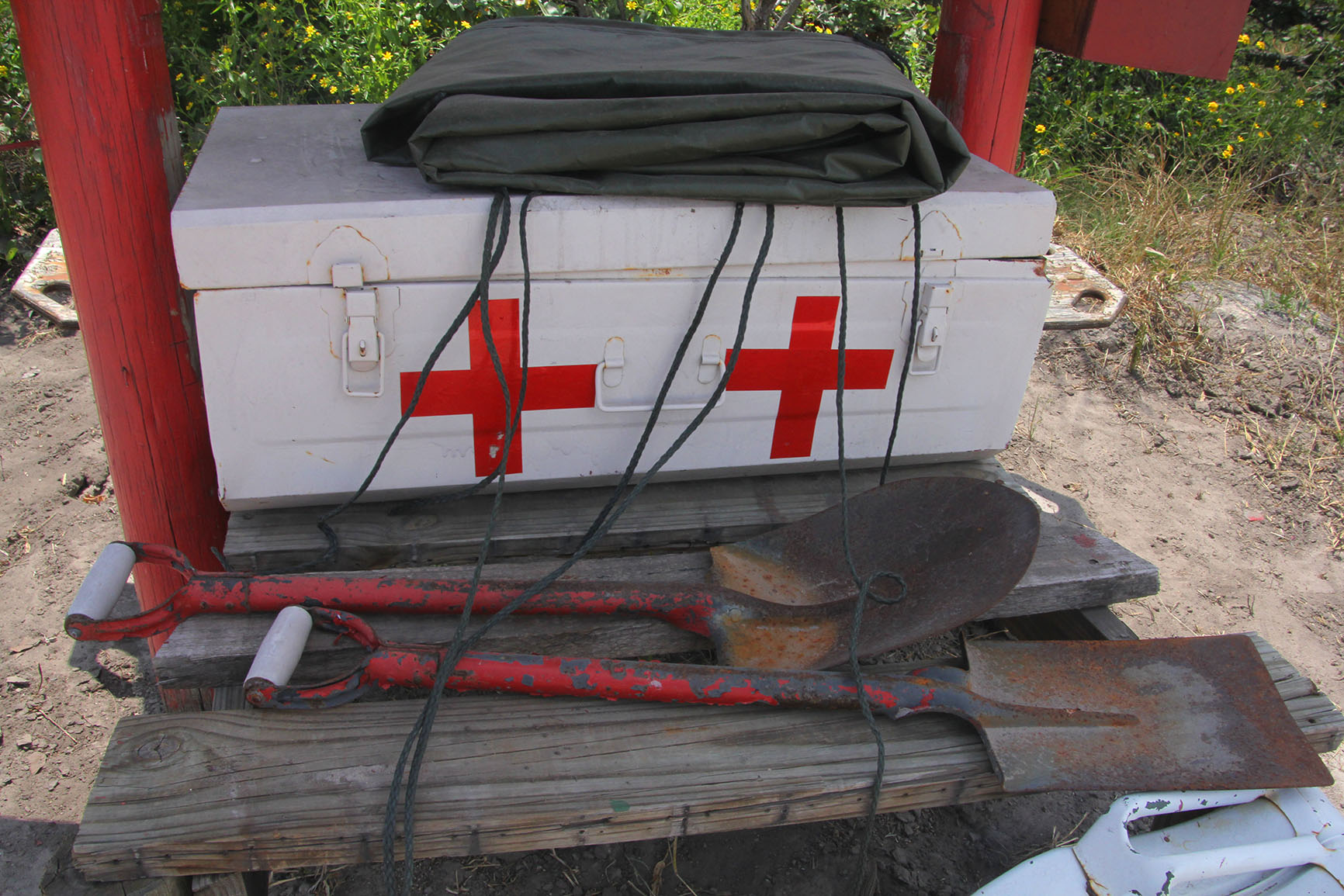COVID-19 – ‘Beware the Ides of March’
‘Beware the ides of March’ – as Julian Caesar discovered 2,064 years ago, this is a tricky calendar period to negotiate. In 2020, anyone working in the international travel and tourism industry has, in addition to matching the Roman’s deadline for settling debts, had to negotiate the mother of all conspiracies.
Hard, fast and furious. The logistical fallout from the unfolding COVID-19 Corona Virus this week has finally landed. Culminating in an unprecedented number of international border shutdowns, quarantine rules, transportation and ground service suspensions.

Since the day I moderated an AITO travel industry debate on COVID-19 debate last week, and now, sitting down to write this blog, the international travel landscape has changed beyond all recognition. Destinations that welcomed international travellers have, at lightning speed, shredded the welcome mat, in the process of trying to stop or at least slow down the corona virus spreading from Wuhan in China to all corners of the globe.
To the tune of free-falling stock markets and government lock-downs we have seen many of our destinations sanction travel restrictions and health safeguards. In Asia alone, India, Nepal and Bhutan have suspended all existing visas and closed borders. Other countries across the continent have issued mandatory 14-day quarantine periods under medical supervision for visitors who have visited Italy, South Korea, China or Iran.
The USA will now not permit entry to people arriving from mainland Europe. Most Latin American countries have followed with travel-entry bans. In Argentina’s case we have been advised that we need to arrange for our travelling clients to depart the country by 15th March.
From the remoter Nordic countries to the islands of the South Pacific, a host of public facilities have been closed. Closures of schools, transportation hubs, sports arenas, theatres and other venues have impacted our clients’ travel itineraries. Hotels in the more sensitive locations are struggling to confirm whether they can honour their reservations.
Airlines, who always seem to operate as a law unto themselves, have cancelled flights with little mention of refund or postponement choices, in many cases leaving travellers high and dry, especially in Italy. Cruise companies have cancelled trips while trying to negotiate quarantine resolutions and government advice against over 70-year-olds boarding any cruise vessel.
FCO Gov’t Travel Advice has been altering by the hour, in a bid to keep up with the ever-evolving travel restrictions across the world.
All of which has meant that we at Nomadic Thoughts, like the rest of the industry, have been communicating 24/7 with our clients in, en route to, and scheduled to travel to, our destinations. Discussing, as a matter of urgency, how best to proceed with, or alter, their travel plans. Conversations that have had to spell out the impact and practicality of appropriate insurance policies and financial safeguards.
Cancellations and amendments create a huge economic impact on both our clients and ourselves as travel organisers. For example, if the FCO Travel Advice moves against a destination we, as a tour operator, are duty bound to offer either a full refund, postponement or alternative destination – whether we can, or cannot, regain any refund from all our pre-paid suppliers. On the other hand, if a client is simply inclined to just cancel their trip without such FCO Advice, they will be susceptible to full cancellation fees. Similarly, a client’s travel insurance comes into play if their visa has been revoked or a country simple does not allow them to enter.
Personal travel insurance appears to be a moving target too, as the likes of Aviva claim not to be paying out on Corona Virus expenses, claiming a force majeure. Thereby playing havoc with those clients now advised by their doctors not to travel abroad.
In short – it has been a week of unprecedented pandemonium, making the World Travel & Tourism Council’s prediction of 50 million travel industry job losses unsurprising. It has been a challenge for travel companies to negotiate this week’s Corona Virus fall out, let alone the in-house management of staff illness and forthcoming wipe-out in future bookings.
Despite all this, we cannot compare our difficulties with those working with the trauma of what is unfolding on the emergency medical frontline. Our thoughts, blessings and admiration go to them first and foremost.
So, as we head into future unchartered waters, may I wish you all the best of health. The hope is that we can overcome this issue as we did with SARS (Sudden Acute Respiratory Syndrome), which the WHO highlighted as a global health alert during the Ides of March, 2003.








